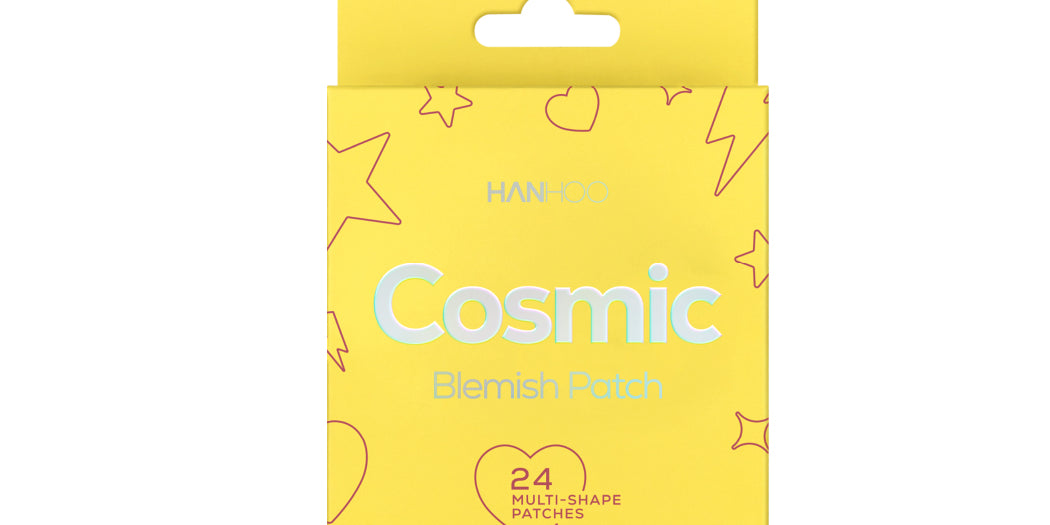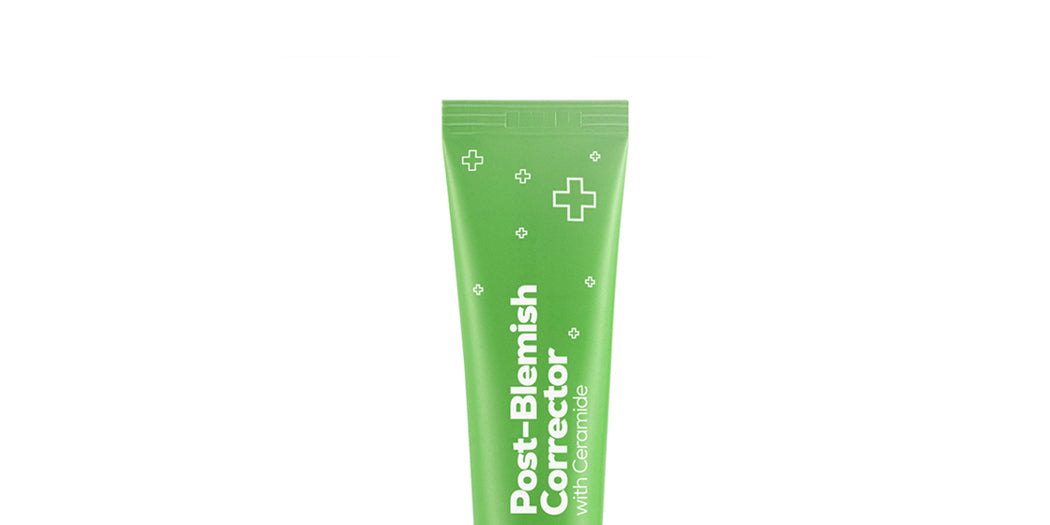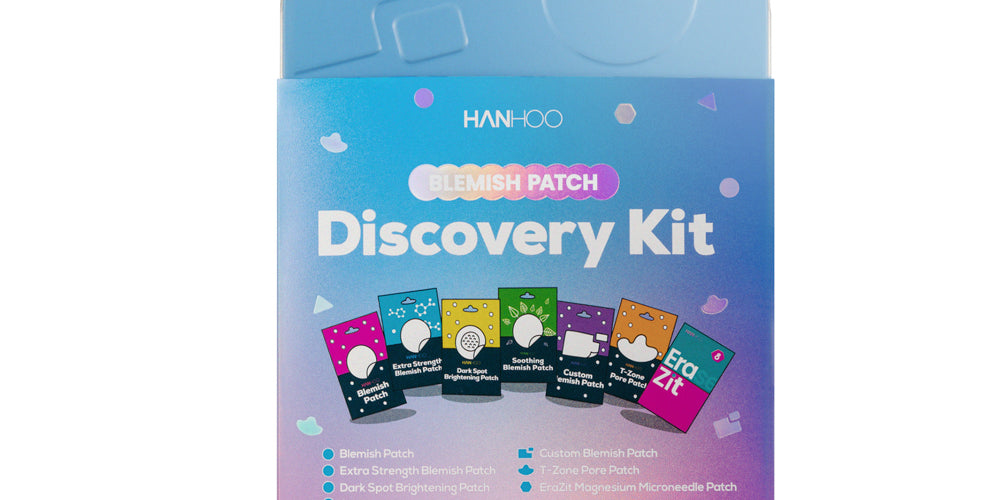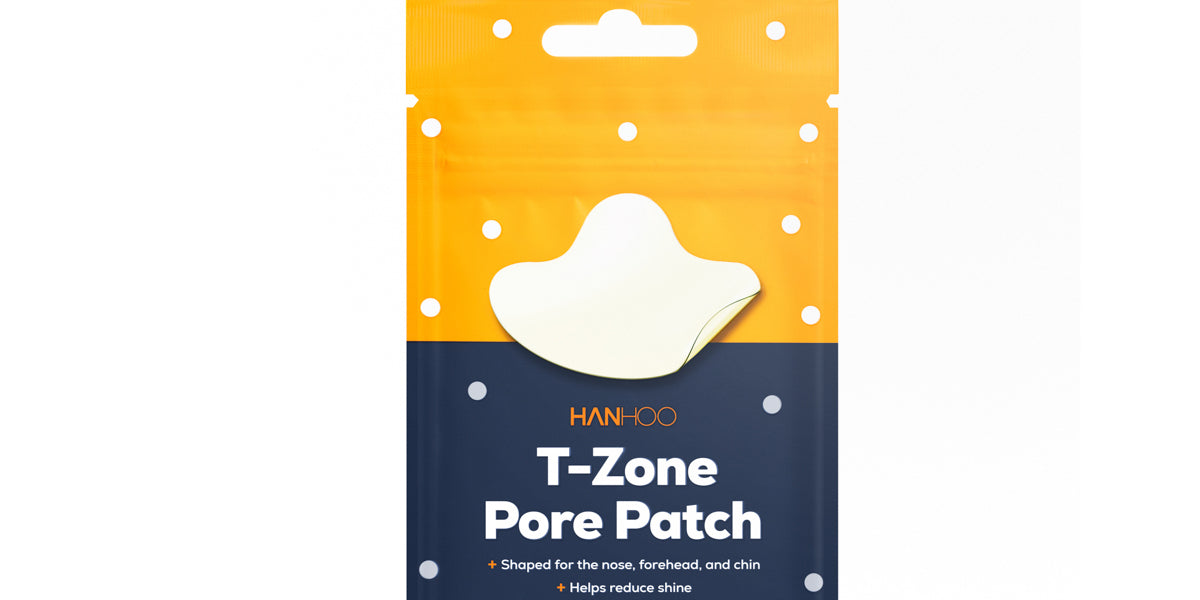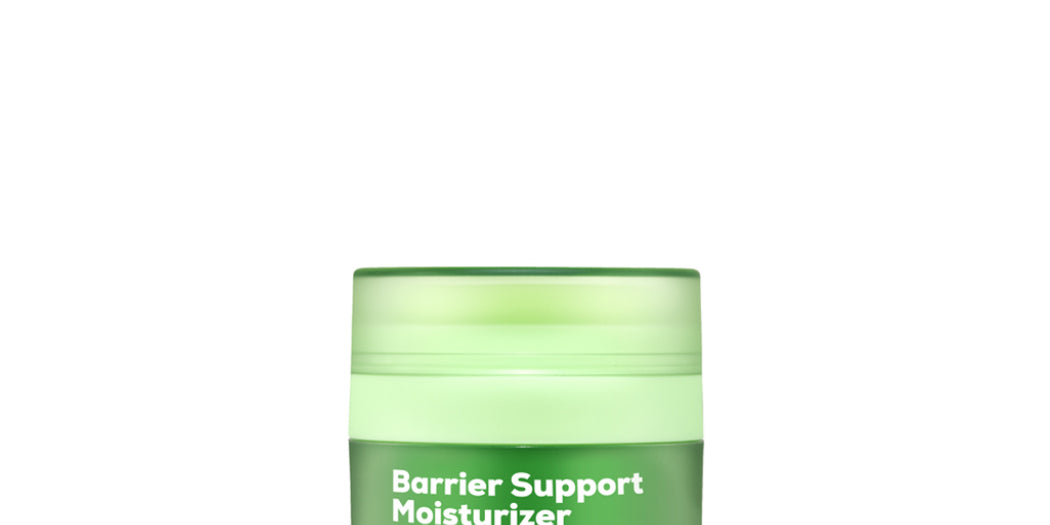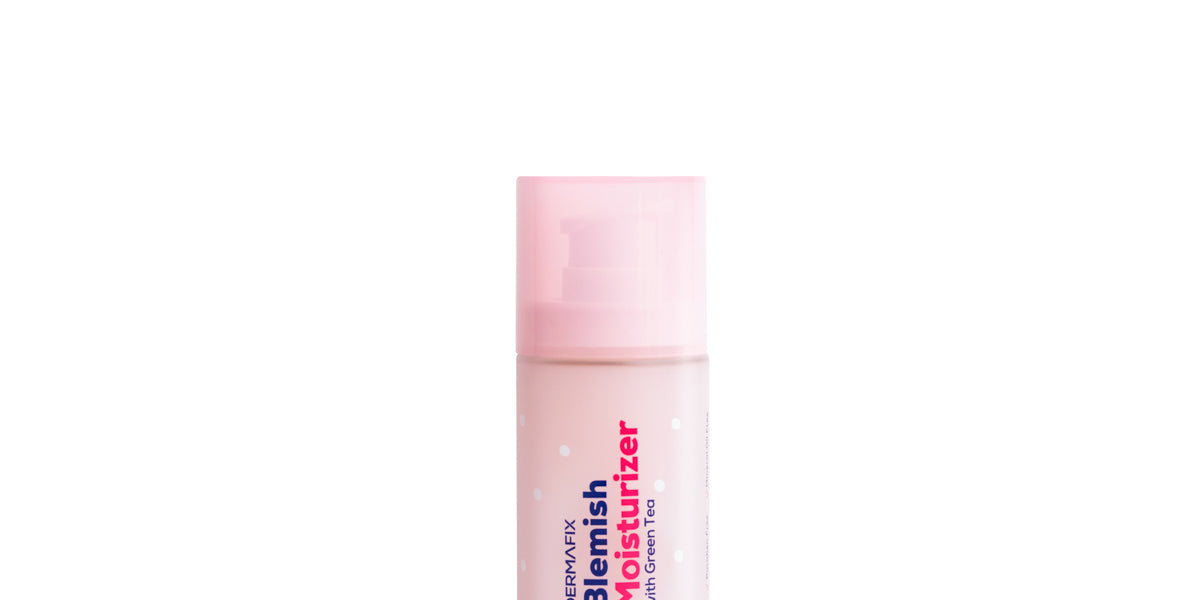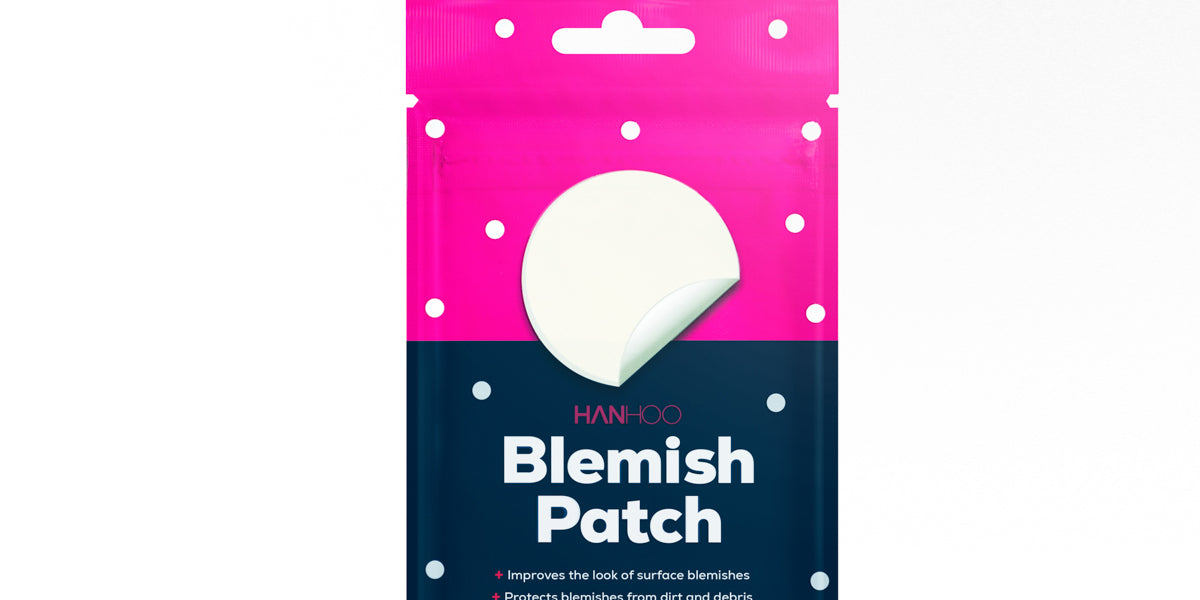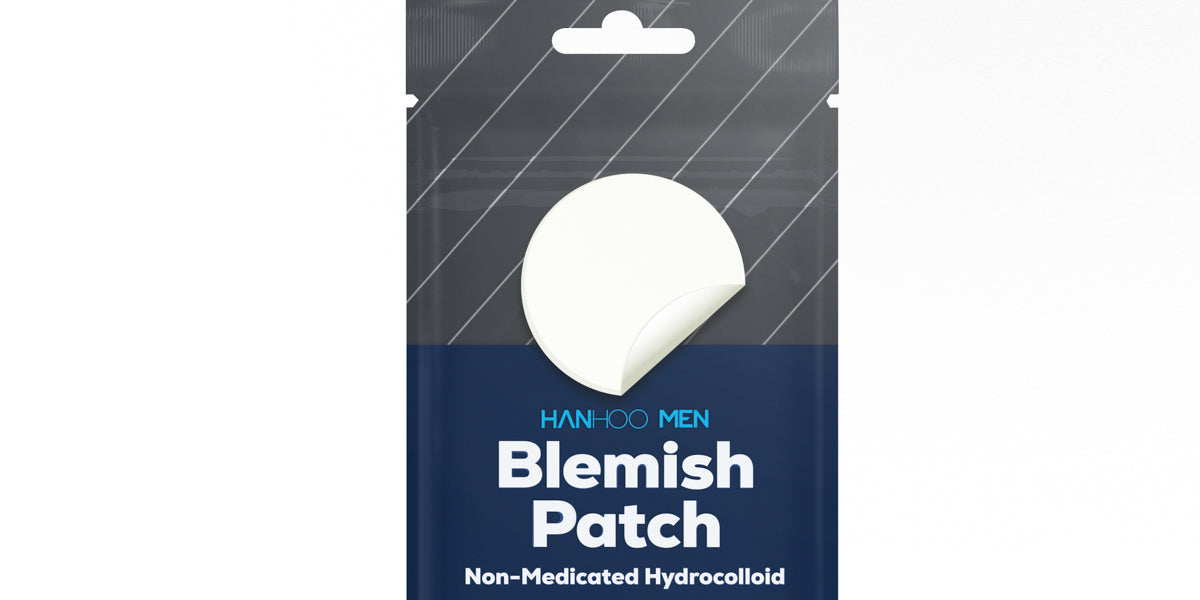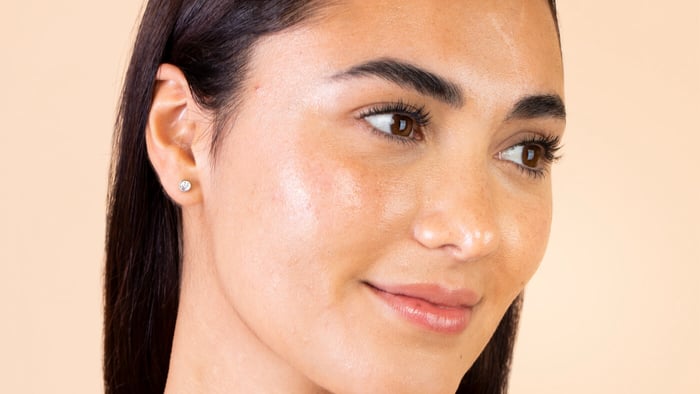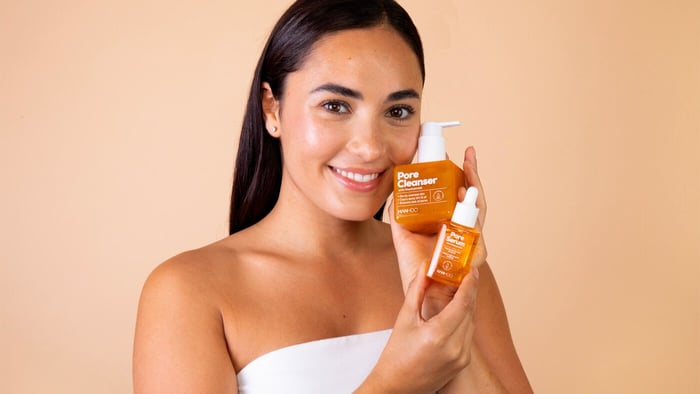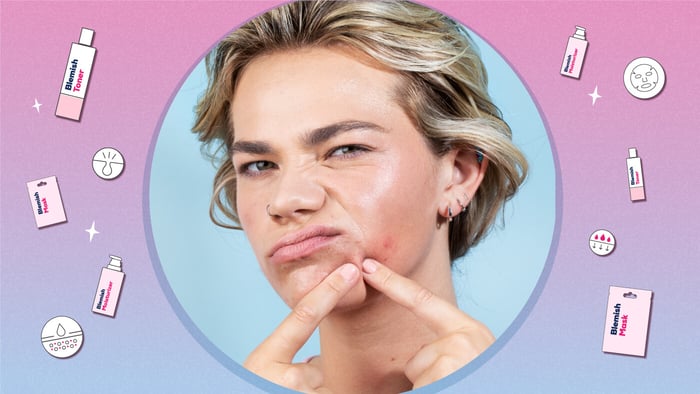Pores, love ‘em or hate ‘em, they’re not going anywhere. This means you can’t open or close them like a door, meaning you also can’t really shrink the size of your pores. But that doesn’t mean all hope is lost if you’re not super happy about how your pores look.
Besides, pores play a vital role in keeping the skin healthy. They help bring the skin’s natural oils to the surface to help keep the skin moisturized otherwise your skin would just look constantly parched. Pores also help expel sweat to the surface of the skin to help bring down your body temperature so you don’t overheat.
Although the pores play these major roles in keeping your skin healthy, sometimes their natural functions don’t always work as intended. For example, while pores help bring sebum to the skin’s surface to moisturize the skin, sebum can sometimes get trapped in pores mixing with dead skin cells leading to clogged pores, blackheads, and/or breakouts.
Factors that affect the look of pores
As mentioned above, sebum can sometimes lead to clogged pores. The production of sebum can depend on a number of things like genetics, hormones, and sometimes the types of products you use on your skin.
Genetics and hormones play a similar role in the way they affect the production of oil. If your parents have oily skin, that may just get passed down to you, so you’ll notice an overproduction of sebum on your skin too. Hormones can also similarly trigger an overproduction of sebum, due to the fluctuation of certain hormones (like androgens).
When your skin tends to produce excess oil, the sebum in your pores can mix with dead skin cells leading to clogged pores. And, with all the gunk trapped in your pores they may end up looking more noticeable and appear larger in size.
If you don’t have a routine that helps clean your pores, then the gunk trapped in the pores can potentially stretch and alter the size of your pores over time, making them look larger.
Plus, if you don’t use the right products for your skin you may end up triggering your pores to clog up. For example, if you use heavy products on your skin, they may just end up further clogging up your pores.
How to treat clogged pores

While you can’t exactly change your genetics or control fluctuations in your hormones, you can take some preventative measures to help keep pores clear.
A good routine can help treat existing clogged pores and can help keep them clear so you don’t have to worry about them clogging up later or leading to breakouts.
Here’s a simple routine you can follow:
- Start with a clarifying cleanser
Your cleanser plays an important role in cleaning up the gunk that can accumulate on the skin throughout the day, so it’s important to cleanse at least once a day. Throughout the day your skin may be dealing with dirt, sweat, oil, and makeup just sitting and mixing on your skin. A good cleanser at the end of the day helps wash away potentially pore-clogging elements from the skin and preps your skin for the following steps.
- Use an exfoliating treatment
While your cleanser helps cleanse away dirt, oil, and dead skin, an exfoliating treatment helps keep your pores clear. Depending on the ingredients, an exfoliating treatment can help deep clean pores by breaking up the gunk and can help balance oil production. Look out for pore treatments with ingredients like Salicylic Acid, Niacinamide, and Glycolic Acid.
- Moisturize, moisturize, moisturize!
If you have oily skin, you might have been fed the false myth that oily skin doesn’t need a moisturizer. But, foregoing a moisturizer may end up achieving the opposite of what you want. If you skip a moisturizer and your skin starts to become too dry, your skin can try to compensate and overproduce sebum, leading to oilier looking skin. Incorporating a lightweight, water-based moisturizer can help keep oily skin hydrated without overdoing it.
- Apply SPF
We all know that going out in the sun without sun protection can over time result in skin damage. One of the ways this sun damage appears is through large-looking pores. Sun damage can break down the collagen that helps pores keep their shape so they start to appear larger if you consistently go out without first applying SPF.
Wondering how Hanhoo can help you in your pore care journey? Stay tuned…😉

